Joint life insurance policy for couple...how beneficial?

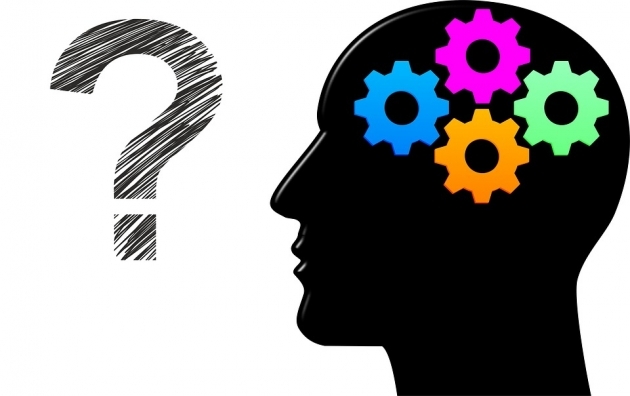
Men are different from animals because of their thinking powers. We survive because of our memory and analytical skills. Memory is nothing but concise knowledge that is recalled as per the need of the hour. Scientists have determined that all living beings, including plants, have memory power. But these are only a few kinds. Humans have a variety of memories. Among them, some of us have more of one kind of memory and less of the other. Out daily habits, our environment, our food, job, career and how we grew up as children, determine the kind of memory that is on the higher side, in us. Let us learn the kinds of memory, reasons, defects, ways to improve and care.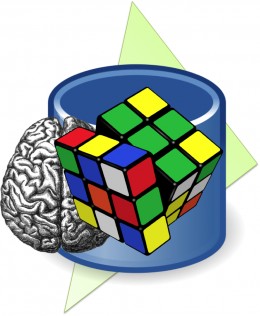 Remember despite unwillingness
Remember despite unwillingness
To remember, what happened 10 years ago, a new person we met two days ago, where we have put our bike keys, what we studied for our exams, is according to us just one set of memories. But memory has been divided as per certain subjects. They are: Long Term memory and Short Term Memory. What we see, hear or touch daily is recorded in Short Term Memory in the brain. Among these, important ones, what we like, painful ones, daily chores that are not very important, are registered in Long Term Memory. For instance, because our children's birthdays are important, they are registered in Long Term Memory. Riding a bicycle or tying shoelaces are not all that important. Yet they are in our Long Term Memory. The brain transfers certain daily chores of ours into Long Term Memory, so that we need not focus on them daily.
Short Term Memory Short Term Memory is to remember what we have seen, heard or experienced a few days ago or some minutes ago. This varies from person to person. It changes depending on the circumstances and priority. Short Term Memory in some is damaged due to ill health, wounds, some kinds of drugs and painful or terrorizing incidents. It is called Short Term Memory Loss. Such ones remember something which happened in the past, but forget something that took place say five minutes ago.
Short Term Memory is to remember what we have seen, heard or experienced a few days ago or some minutes ago. This varies from person to person. It changes depending on the circumstances and priority. Short Term Memory in some is damaged due to ill health, wounds, some kinds of drugs and painful or terrorizing incidents. It is called Short Term Memory Loss. Such ones remember something which happened in the past, but forget something that took place say five minutes ago.
If this memory has to be increased, these issues and incidents should be recalled frequently. This way they will be remembered better and will be recalled in time.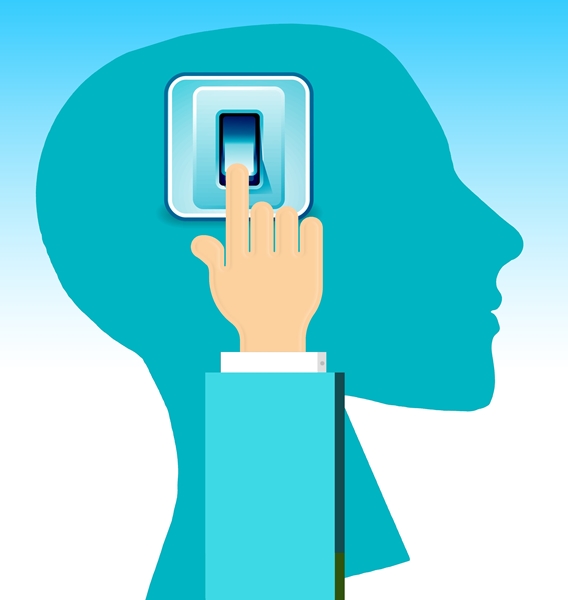 Implicit Memory
Implicit Memory
The things that happen frequently and seen frequently in our daily lives, are remembered as Implicit memories. While doing something important, implicit memories invade our thoughts, when we are not focused or not analyzing. We respond to these. For example, cricket players or professional drivers need to respond immediately to some pressing needs. Implicit memories help in recalling some past experiences at that time. If you stay away from some issues for a long time, they fade away from implicit memory.
We do not have to struggle hard to increase implicit memory. Because these will be connected to our very important needs and experiences. Any topic, when frequently recalled or tried to be recalled will be stored in implicit memory.
Procedural memory It is an addition to implicit memory. If implicit memory is remembering the most important issues, Procedural memory stores the unimportant or daily chores. Some things we do automatically, like walking, speaking, riding bicycle, swimming, climbing the stairs, switching on the light or stepping aside out of another's way is stored in Procedural memory. This remains even if the brain is damaged due to some reason. That is why even if someone forgets his name and address due to brain damage because of some accident or other reason, he will be able to ride a bike.
It is an addition to implicit memory. If implicit memory is remembering the most important issues, Procedural memory stores the unimportant or daily chores. Some things we do automatically, like walking, speaking, riding bicycle, swimming, climbing the stairs, switching on the light or stepping aside out of another's way is stored in Procedural memory. This remains even if the brain is damaged due to some reason. That is why even if someone forgets his name and address due to brain damage because of some accident or other reason, he will be able to ride a bike.
If we keep doing something that is needed frequently or trying to do it, it will reach implicit memory and will change to procedural memory. These memories are retained due to constant training and effort and experiencing.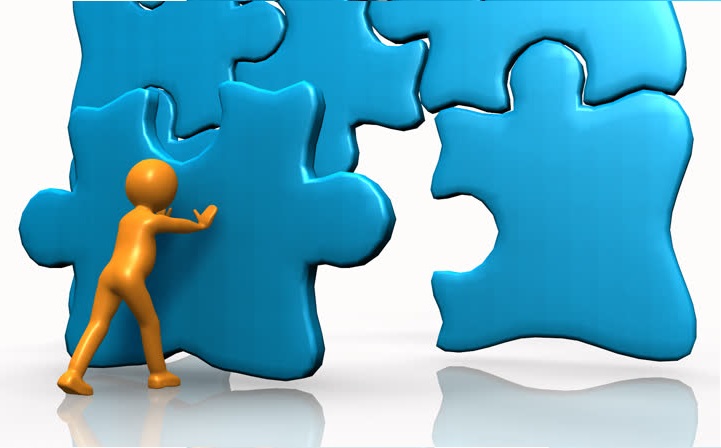 Explicit/Declarative Memory
Explicit/Declarative Memory
These are those things that you do daily, but cannot recall unless you try. For example, a person who has lost his memory in an accident, might not recall any faces or names, but will be able to ride the bike. But he has to make some efforts to remember the route that he has to take. In this there are two kinds of memory Episodic and Semantic
Episodic memory is any incident, date or issue related to us. For example, our close relative's marriage, date of birth, names of teachers in the school that we studied, out pet dog's name etc. There is no need to analyse about these things. But the importance we give to the issue, our likes and dislikes determine the memories. Though this is a Long Term Memory, if we do not recall frequently, we are liable to forget it.
Semantic memory is remembering ordinary things because of their particular qualities or analysed as special. It is not personal. For example: When you are shown a picture of a dog's head attached to a cat's body, you will not think it is a different animal, but will recognize the parts for what they are. It is to remember that the sky is blue. The memories in Semantic form, are concise, including some analyses. They will remain for long in Long Term Memory. As they are remembered in the analysed form, they are clear and once in semantic memory, there is no question of forgetting them.
In childhood, every memory is stored first as episodic. But due to analyzing them and seeing them more clearly, they transform in to Semantic memory. For example, if a child is given a ball, it seen as an object of play. When you throw it, it bounces back. it is soft and round etc., are some of the aspects, that retain the memory of the ball in semantic memory.
Physical effort must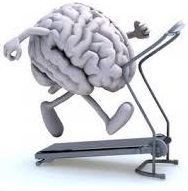 If you sit at one place, lazing around, without moving, the body gets numb and memory power decreases, according to researchers. It is always better to be active. By exercising the body twice a day, not only is it fit, but memory power also increases, they explained.
If you sit at one place, lazing around, without moving, the body gets numb and memory power decreases, according to researchers. It is always better to be active. By exercising the body twice a day, not only is it fit, but memory power also increases, they explained.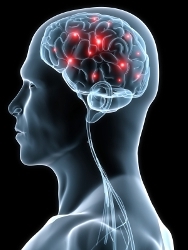 Care compulsory
Care compulsory
When fatty and sugary substances are taken, energy is released immediately. After a while, it reduces drastically. This turns inconvenient to the brain. Brain functions sharply by taking fibre-rich and protein foods. If there is not proper nutrition too the brain becomes numb. That is why it is important to take nutritious foods.Obesity, diabetes, hypertension, excessive smoking etc., harm the functioning of the brain. These have to be controlled. Brain loses shrewdness due to use of alcohol and tobacco.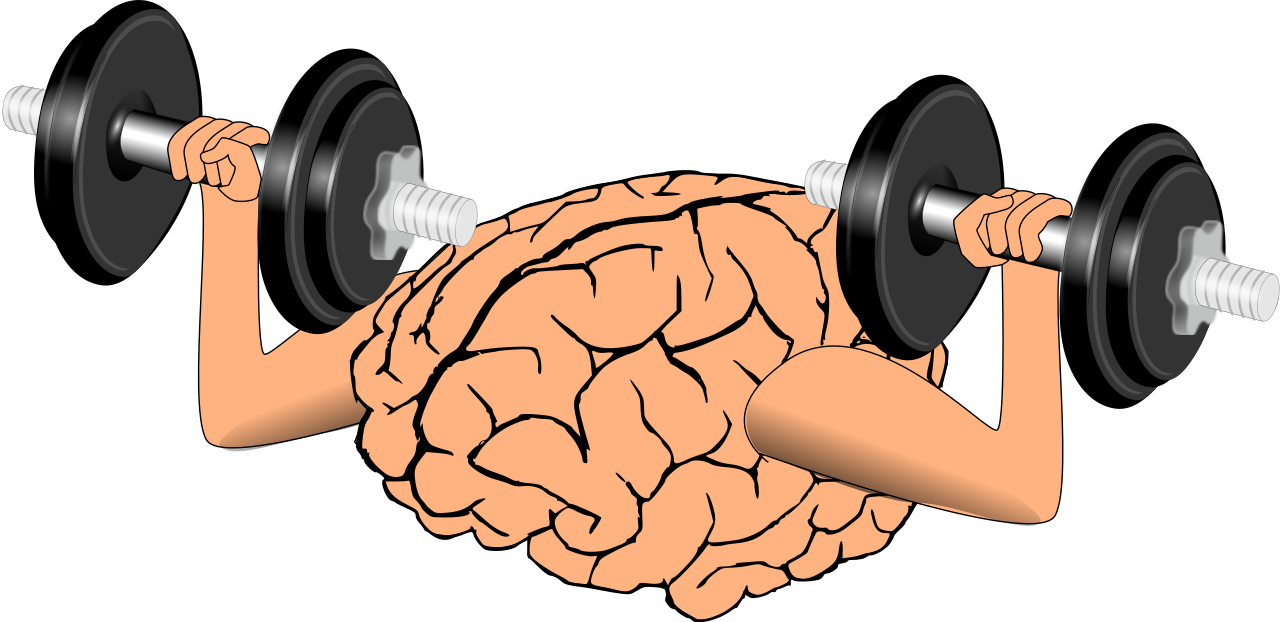 How to keep brain sharp
How to keep brain sharp



















